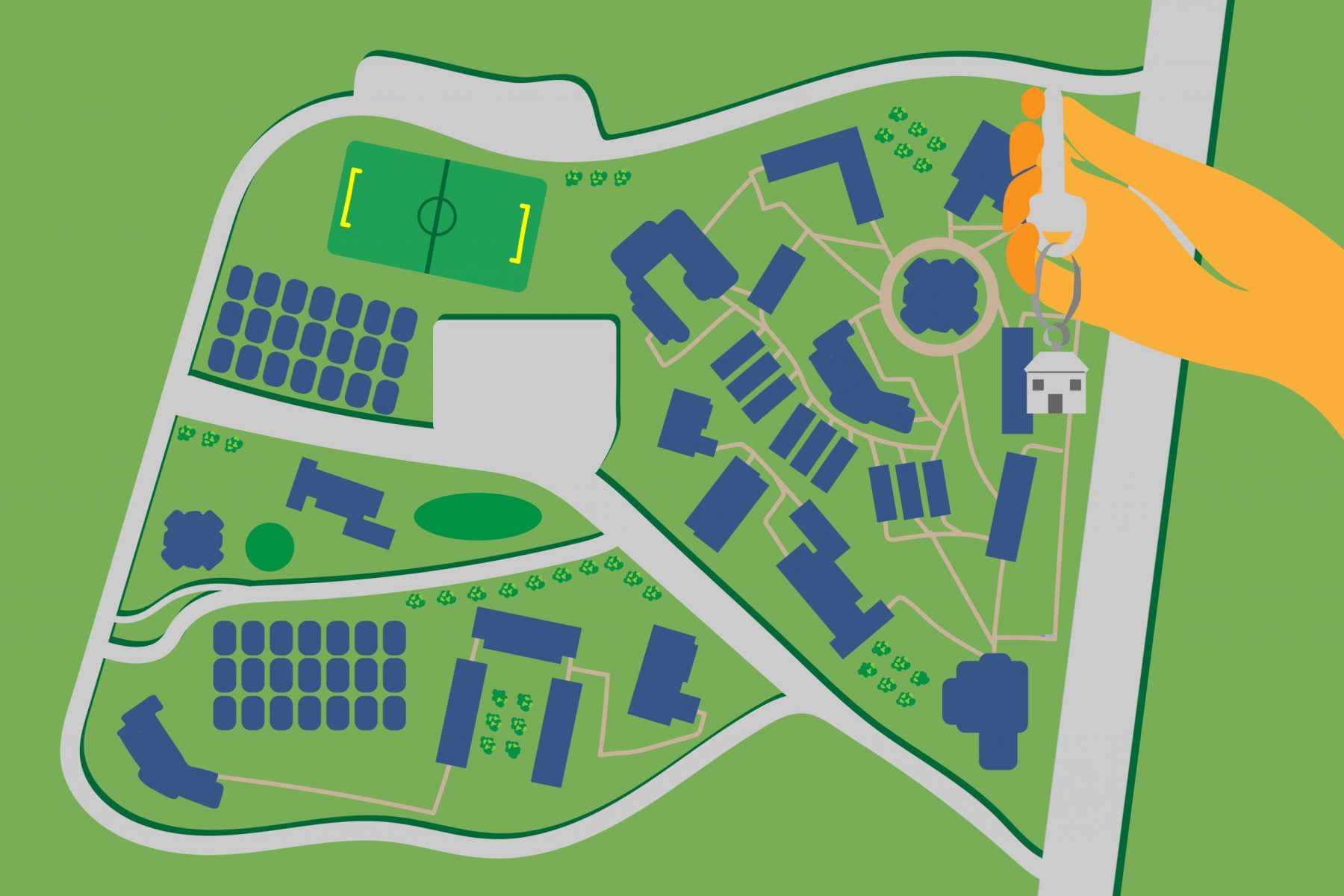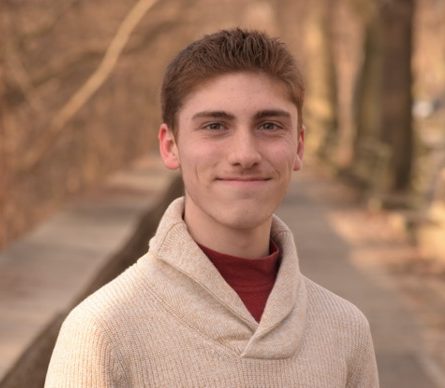In mid-August, Columbia University reversed a decision to allow students on campus for the fall semester. The backpedaling was borne out of concerns around the coronavirus and followed in the steps of other Ivy Leagues like the University of Pennsylvania and Brown. For a student body eager to return to perhaps the most idyllic metropolitan campus in the country, this news struck like a stake in the heart. Nevertheless, students realized the potential of looking for off-campus housing, and at record speeds, they began renting apartments in New York with affordable leases.
However, the reason for the refusal of university housing may call into question the logic of this rash endeavor to enjoy even a sliver of the college experience. As kids from all around the world move back into the city, isn’t the virus bound to run rampant, whether or not the housing is sponsored by Columbia or other institutions?
It is a mistake to assume that off-campus housing is completely unregulated. As with those who have special circumstances and have been granted full-year housing, those who plan to reside in apartments around the New York metro area must agree to enter Columbia’s health compact, a set of policies designed to keep every member of the community safe.
Some may believe that the best course of action is to stay put. Quarantine may not be the most exhilarating experience, but when it comes to mitigating the spread of the virus, nothing helps more. But to equate staying home with not spreading the virus, for some students, may be incredibly misleading.
My mom works at a factory in Ohio. According to first-hand accounts of the working environment, social distancing is an afterthought. People gather without properly wearing their masks, and many of the masks are homemade mini-bandanas you can see through like a veil. Likewise, the factory rarely requires workers to quarantine after an employee tests positive for COVID-19. Contact tracing? Don’t know her.
Whenever my mom comes home, I’m wary of what she’s brought with her, and because of that, I’m extra cautious about where I go, what I touch and who I visit. Because my parents are divorced, staying home doesn’t necessarily mean quality time with family; it means buzzing between apartments just to keep my distance and clock out before it’s too late, desperately hoping I’m not a walking infection.
Simply put, it’s not safe at home. Every day poses the risk of being infected by a family member. Every trip to the market or gym is one of hesitancy, uncertainty. This is, of course, not unique to me. More or less it is the panic of every American, regardless of political affiliation or geographic residency. It is a risk we’ve been willing to accept, to varying degrees, since March.
What amount of risk is worth accepting? Do we draw the line where catastrophe is improbable or when one catastrophe will prevent another, greater disaster? It is a calamity in itself that we must choose which battles are worth fighting for — our physical health or our mental health, especially given how intersectional these boundaries are.
What affects our physical health will inevitably impact our thoughts and emotions regarding the self, just as depression or anxiety can eat away at one’s self-worth. The debate over opening schools is a perfect example of trying to balance these two factors of our well-being.
Which leads me to the perils of secondary education. In a land of parasites, college is far from paradise. Columbia’s once-bustling campus will be reduced to a collection of mostly desolate buildings and a few students hibernating in singles and dingles, eyes glued to a screen for hours at a time. Falling from the grace of metropolitan idealism to this, it’s a Miltonian nose-dive.
Is this conducive to undergraduates’ mental health, a part of themselves they’d otherwise be trying to cultivate through frat parties and late-night excursions into the city? Of course not. However, one must also consider the differences between such an experience away from family and that which is available from home. Everyone’s situation is different, but if anyone’s situation is like mine, then some exceptions to the popular logic of staying put can surely be made.
For those of us who are at risk of transmission regardless of what we do at home, it may actually be more dangerous staying home than moving back on campus or renting off-campus housing. Instead of living with the fear of where your relatives have ventured off to, thinking about who didn’t wear a mask around them and wondering whether or not they should self-isolate for two weeks, it makes some sense to find a colleague, an apartment and just make the jump. Sure, you take a risk in moving out of town, but how is that different from the pact you entered months ago?
Once you’ve moved into the apartment, it’s probably a good idea to detox the place. Bleach, Clorox, you know the drill. However, once everything’s been cleaned and all of your stuff is moved in, no one except your roommate and yourself is responsible for your health.
If this is someone you trust completely (if you don’t, why are you renting with them?) it should be super easy to abide by some sort of compact detailing where both of you go, how often and what precautions will be taken to keep each person safe. Such an agreement isn’t always easy to make with family members, especially when they have no choice but to work in a toxic environment.
It’s the choice that comes with renting that’s important to consider. When someone goes to college, it’s a deliberate attempt to separate the self from the obligations of bloodlines. Those connections are perilous, potentially dishonest and wholly unpredictable. Those we meet on campus provide us with the agency needed to become our own persons. Renting an off-campus residence could be a great way to maintain that independence while also keeping your family safe.

















